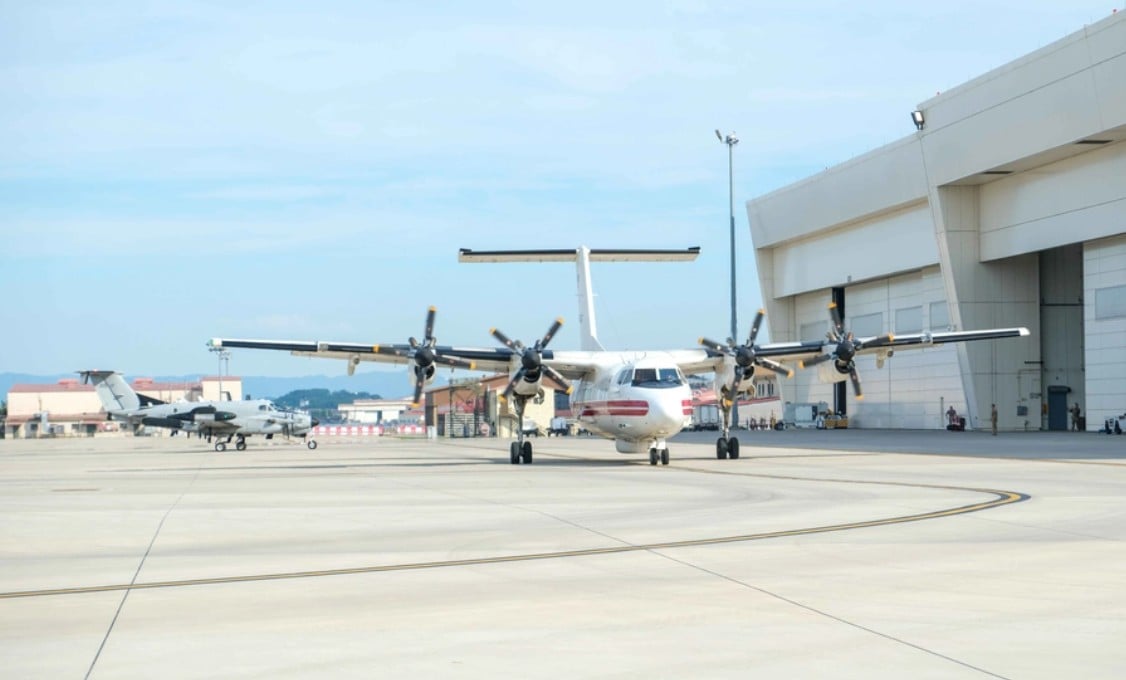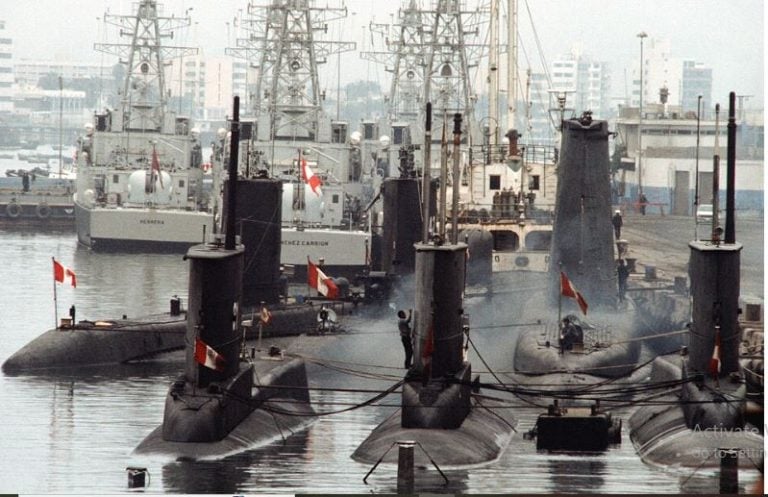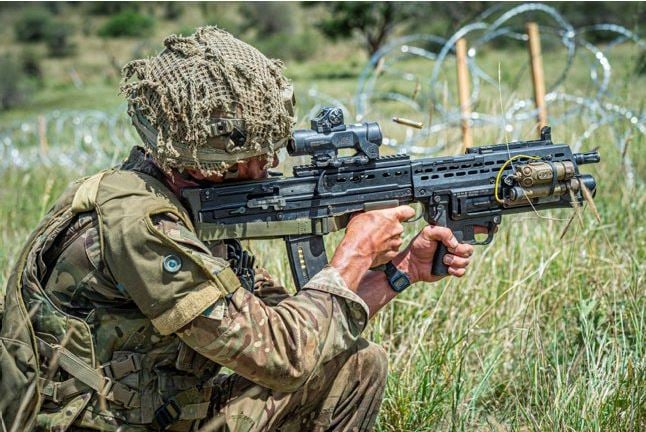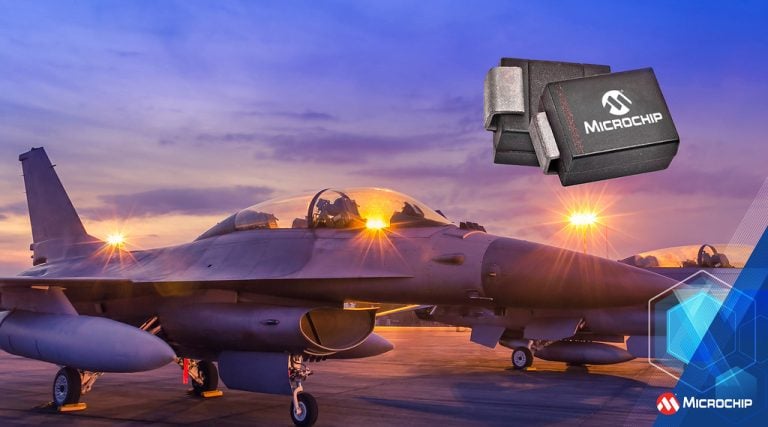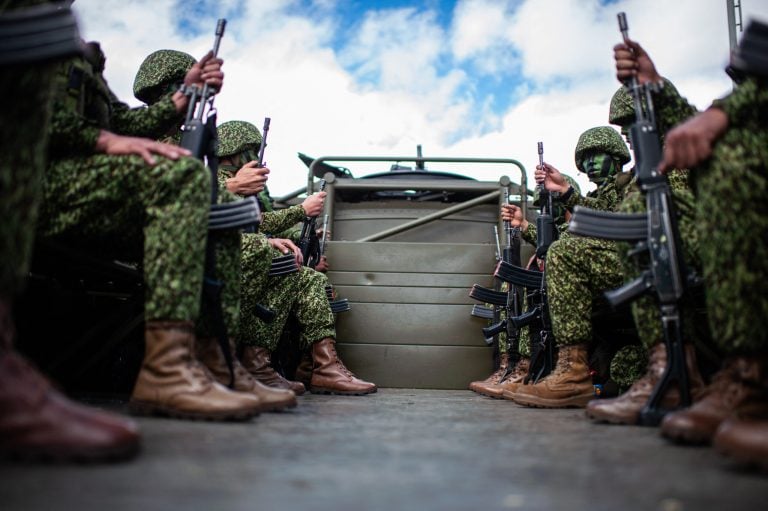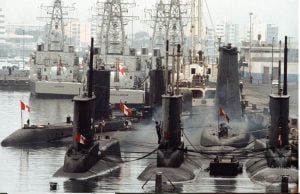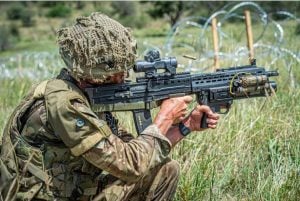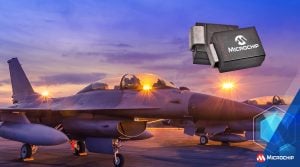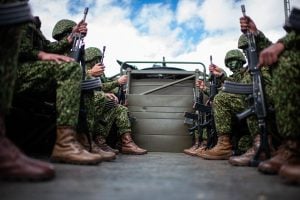The US Army has officially retired two of its longest-serving aerial intelligence, surveillance, and reconnaissance (ISR) platforms, GUARDRAIL and Airborne Reconnaissance Low (ARL). A ceremonial closure marked the end of their service, highlighted by final flights and exhibition displays at Desidario Army Airfield in South Korea.
Over the span of five decades, GUARDRAIL and ARL played pivotal roles in military operations, logging more than 120,000 flight hours and completing over 30,000 sorties. This extensive operational history involved the expertise of more than 800 military pilots who contributed to their successful missions.
GUARDRAIL was crucial for early warning and surveillance for United States Forces Korea, particularly in monitoring the Demilitarized Zone (DMZ). This 250-kilometer (160-mile) buffer separates North and South Korea and has been a focal point for intelligence gathering. Since entering service in 1988 with the 3rd Military Intelligence Battalion, the GUARDRAIL Common Sensor has continuously provided essential long-term intelligence regarding potential threats in the region.
On the other hand, ARL was initially developed to assist in counterdrug operations in the Andean Ridge area of Latin America. Although it began as a quick-reaction platform, the system evolved to undertake a wider range of multi-intelligence tasks, catering to the operational needs of the US Southern Command.
As the US Army phases out GUARDRAIL and ARL, it is transitioning to advanced ISR systems designed to meet contemporary battlefield demands. The missions previously undertaken by these legacy platforms are now being transferred to ATHENA, a high-altitude ISR aircraft that incorporates multiple intelligence capabilities at the theater level.
ATHENA’s introduction aims to serve as a transitional bridge to the Army’s next-generation crewed ISR platform, known as the High Accuracy Detection and Exploitation System (HADES). This new system is anticipated to enhance rapid sensor-to-shooter connectivity and provide improved battlefield awareness through onboard data processing, as well as the application of artificial intelligence and machine learning.
In preparation for HADES’s full operational deployment, ATHENA will facilitate the definition of system requirements and test new training and deployment strategies, ensuring that the transition to next-generation ISR capabilities is seamless and effective for military operations moving forward.
